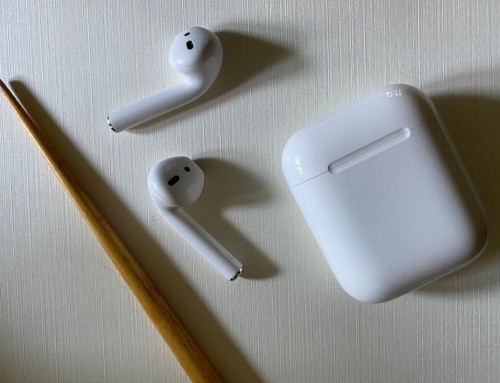When do you use a hyphen?
The following rules cover the most common uses of hyphenation.
1. Use a hyphen to connect two or more words used together as an adjective before a noun.
- Eliza Norman is not yet a well-known candidate.
2. Do not use a hyphen when the compound adjective comes after the noun.
- After our television campaign, Eliza Norman will be well known.
3. Do not use a hyphen to connect -ly adverbs to the words they modify.
This is Associated Press (AP) style, which is used for all online writing. (This one contradicts the artwork at the top of this post. Follow the rule, not the cartoon.)
- A slowly moving truck tied up traffic.
4. In a series, hyphens are suspended.
- Do you want to buy first-, second-, or third-row tickets?
- The third- and fourth-graders performed a play.
5. Hyphenate all compound numbers from twenty-one through ninety-nine.
- The teacher had twenty-eight students in her classroom.
- Only twenty-one of the children passed the test.
6. Hyphenate all spelled-out fractions.
- You need one-third of a cup of sugar for the cake recipe.
- More than one-half of the city council voted for the new law.
7. Use a hyphen with the prefixes all-, ex-, and self- and with the suffix -elect.
- The author has sold thousands of self-help books.
- Anne King is our club’s president-elect.
8. Use a hyphen to avoid ambiguity.
Without the hyphen, there would be no way to distinguish between words such as re-creation and recreation.
- Tennis is her favorite form of recreation.
- The film was praised for its accurate re-creation of nineteenth-century Paris.
Note: Generally do not hyphenate compounds formed from the superlatives “most” and “least.” But “best” and “worst” tend to use a hyphen.
Finally, always consult a current dictionary if you have a hyphenation question that isn’t answered here. There are exceptions to every rule, and you can find out which rules can be broken. Remember that your goal is to express yourself as clearly as possible.
About the author: Carol Zombo is a blogger and frequent contributor to Tribal Blogs. You can get grammar and writing advice, connect with Carol on Facebook and Twitter, and subscribe to her upcoming Writing Tips Newsletter at BlogRehab.com.
Resources: Dr.Grammar.org and GrammarBook.com.










This is one I hadn’t thought about too much. Now, I’m obsessing over it. Thanks!